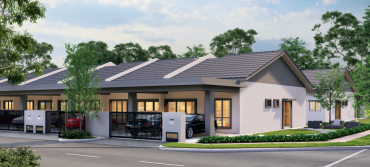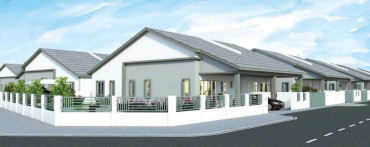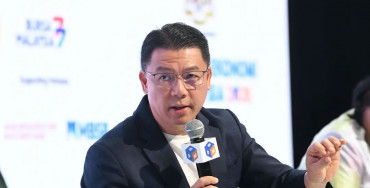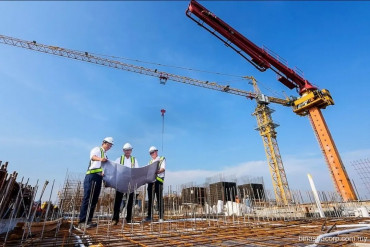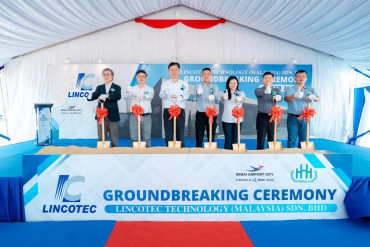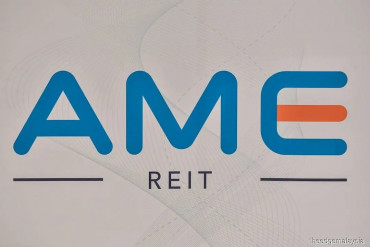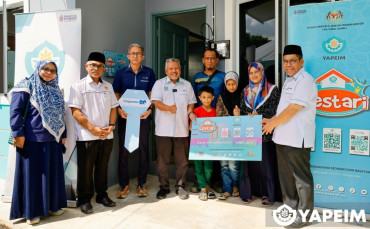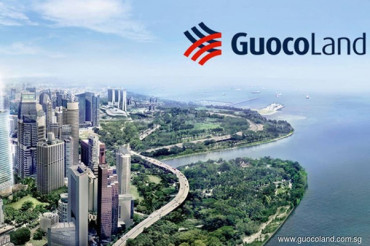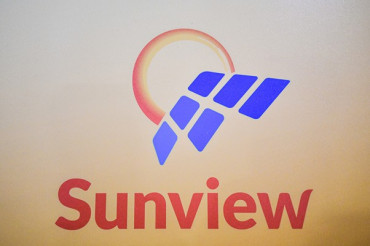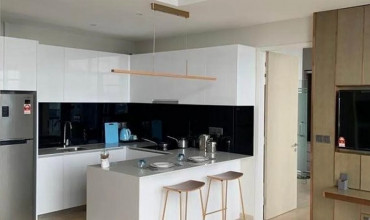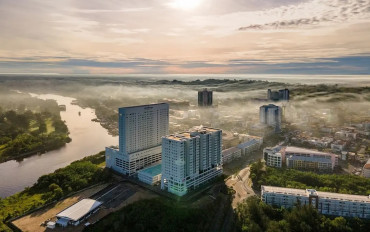ADVERTISEMENT
All Property News
Stay updated with the latest real estate and finance news, including property market trends, housing insights, and valuable information.

Binastra's data centre job wins could pave way for bigger opportunities—analysts
2 hours ago

IOI Properties may book massive income from premium land sale, analysts say as stock rises
2 hours ago

Lincotec Technology Malaysia breaks ground for facility at Senai Airport City Free Zone
4 hours ago

AME REIT extends record quarterly net property income, declares 2.06 sen distribution
8 hours ago

Melaka CM touts RM9b data centre investment by Hong Kong-based firm in Jasin
9 hours ago

Jalan Ara, Bangsar, Kuala Lumpur bungalow sold for RM11.3m | DONE DEAL
9 hours ago
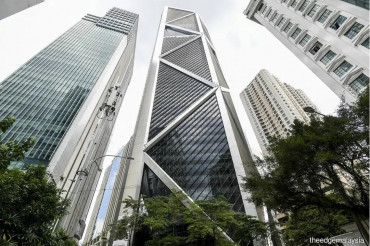
Legally Speaking
Govt seeks to forfeit funds in Ilham Tower, individual accounts linked to Daim case
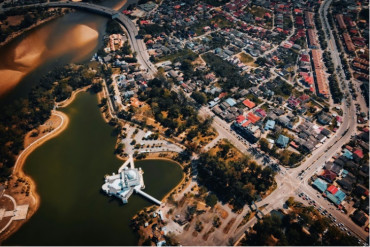
Guide to Homebuying
Find the best location for your home
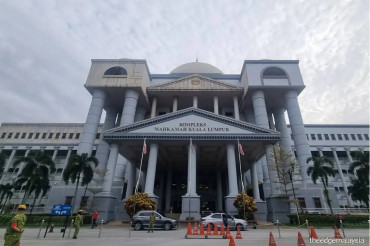
Legally Speaking
KL High Court rules developer’s ‘contra arrangements’ with landowner invalid in K Residence condo case; Duta Yap’s son held personally liable
Trending narratives
Malaysia's Most
Loved Property App
The only property app you need. More than 200,000 sale/rent listings and daily property news.






















